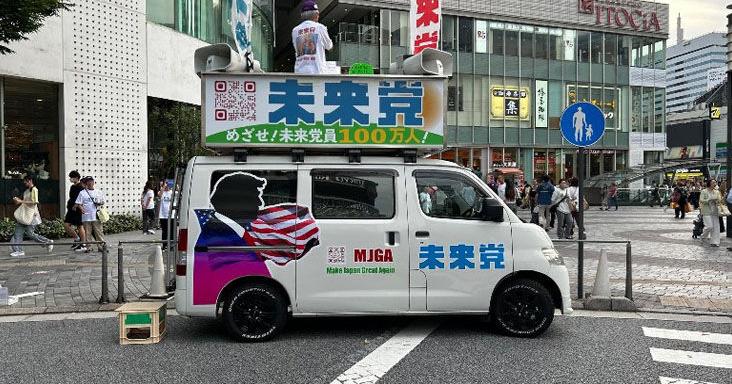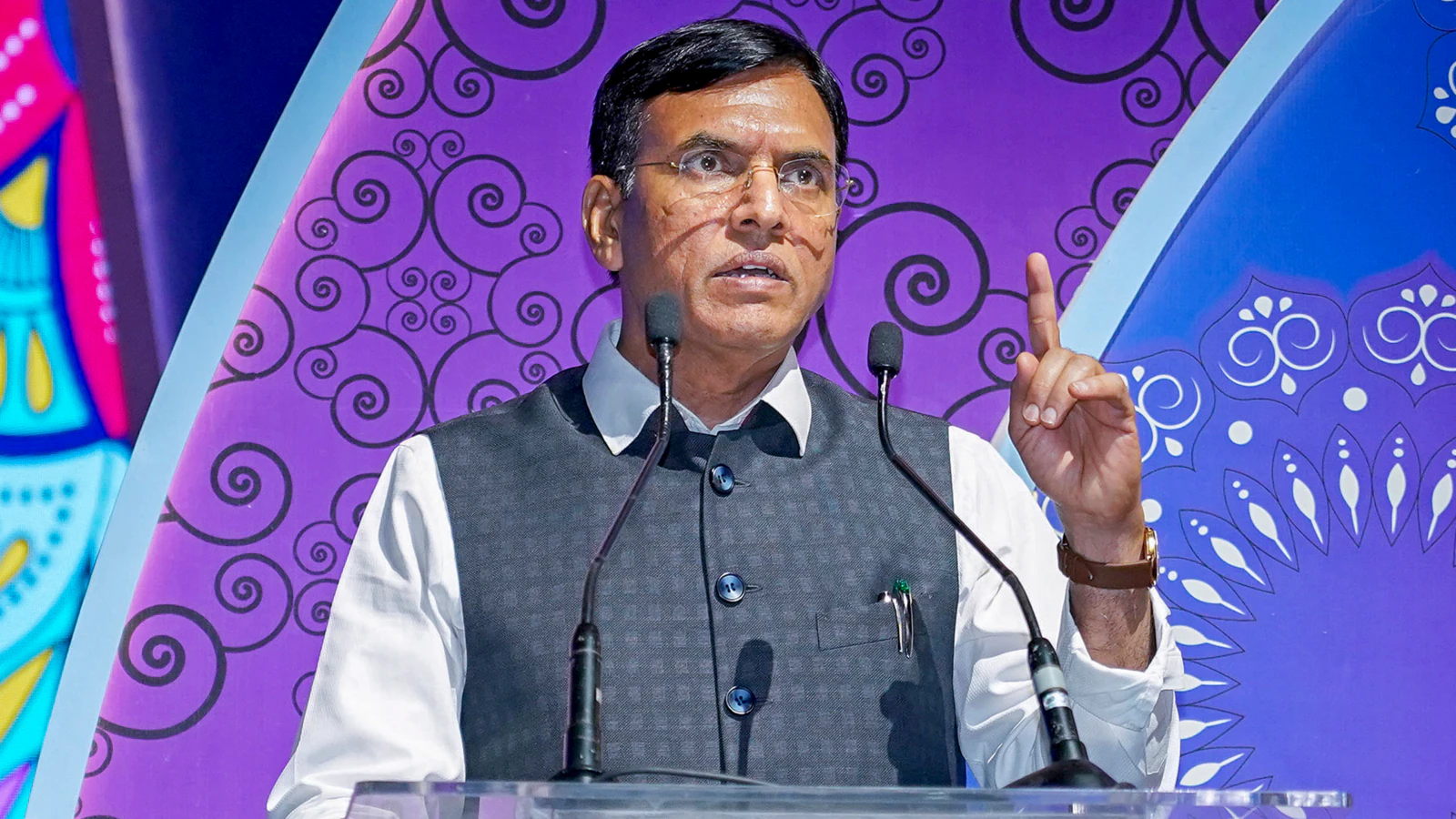Copyright trinidadexpress

There are roughly 200 Trinidadians and Tobagonians scattered across Japan’s 47 prefectures—just enough to fit inside two Tokyo train cars. But their presence, alongside millions of other foreigners, is currently the subject of a small but uncomfortable debate occurring within the Asian giant on whether they should be welcomed at all. T&T immigrants living in Japan make up only a fraction of its 3,768,977-member foreign population (according to figures released by the Japanese Immigration Services Agency in 2024). Many came to teach English through Japan’s well-known Exchange and Teaching (JET) Programme, which boasted at least 86 Trinidadian participants this year, according to its website. For Japan, cultural and people-exchange programmes have worked in its favour, often serving as a tool of soft power in the international system. But as the country’s foreign population continues to grow, so too does internal anti-immigration sentiment—with the leaders of Sanseito, a far-right party, citing a “silent invasion of foreigners” and touting a “Japan-First” rhetoric to a small, but vocal minority of supporters. Earlier this year, Sanseito was thrust into the national consciousness, winning 14 seats in the upper house, its most successful election to date (up from just one seat in the prior election). The party had won its very first seat in the upper house in 2022, fashioning itself as an “anti-globalist” party and rallying against immigrants. Party leader Sohei Kamiya previously stated he had drawn inspiration from US President Donald Trump’s “bold political style”. In late September, anti-immigrant protesters marched through the streets of Osaka and other major cities, waving placards that read “end mass immigration” and “protect the Japanese people”. The demonstrations were reportedly prompted by fears the Japanese government planned to increase the number of African immigrant settlers in Japan. In Ginza, Tokyo, two weeks ago, a vehicle bearing an image of Trump’s silhouette was spotted, advertising a promise to “Make Japan Great Again”. Last month, Sanae Takaichi, known as Japan’s “Iron Lady” and a protégée of former PM Shinzo Abe, won a simple majority in the country’s Lower and Upper Houses, making her the country’s first woman prime minister. Takaichi has previously taken socially conservative positions, kicking off her official campaigning earlier this year with an unsubstantiated anecdote about tourists kicking a deer at the Nara Park (where the animals are designated as a national natural monument). She then promised to clamp down on rule-breaking visitors and immigrants. Japanese locals told the Express earlier this month that anti-immigrant/foreigner views were not shared by the majority of Japanese people. Some said the sentiment had seemed to come “out of the blue”. Trinis monitoring situation For many, including the Trinidadians residing there, the sentiment has had little tangible impact on their everyday lives. But still, some told the Express, they were monitoring the mood and questioning if their future in the country may be affected. Allan Wooding, a former JET participant who lived in Japan for 18 years and has since been promoting Trinidadian culture throughout the country, said even the protests in Osaka weeks ago had not affected him. However, he said, “I’m monitoring the political and economic developments. I have a permanent residency application process and have hopes of expanding my fitness business, Intensity Matters, particularly as national politics seems to be leaning more conservatively of late.” At least one JET participant from the Caribbean (who asked not to be identified to avoid victimisation) told the Express that while the rise in anti-immigrant sentiment did not personally affect them significantly, it had provoked feelings of unease and discomfort. “I was really surprised that this kind of sentiment was growing here. Although I don’t think the party’s increase in popularity affects my daily life, the fact that a great number of young adults are buying into what they’re selling is a bit uncomfortable,” the participant said. ‘Clearer explanations needed’ Asked if the growing anti-immigrant sentiment within Japan could potentially inform the country’s foreign policy, director of the Mexico, Central America and Caribbean Affairs Bureau Suzuki Ritsuko acknowledged “tense discussions” around the topic, but said there was some misunderstanding amongst local Japanese people. “Especially about our foreign policy to strengthen our relationship with other countries... “We need a clearer explanation about our foreign policy and our programmes involving people exchange,” she said during a briefing with Caribbean and Pacific Island journalists as part of the Association for Promotion of International Cooperation (APIC’s) 2025 Japan Journalism Fellowship late last month. “There is misunderstanding among the people in Japan. Of course we do take our immigration policy very seriously...maybe we need to explain that the policy to strengthen our people-to-people exchange with other countries has a very good objective and that is for the Japanese people. We need some detailed explanations,” she added.



